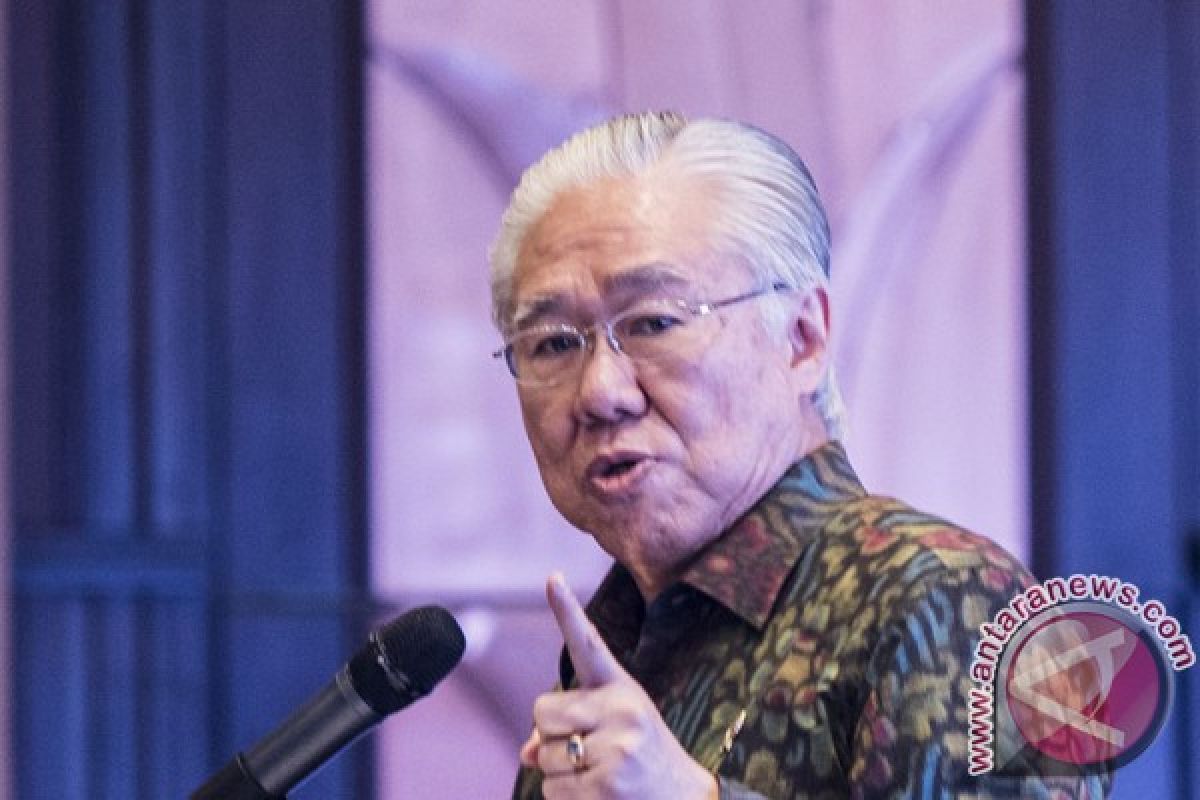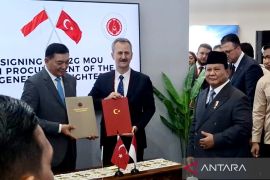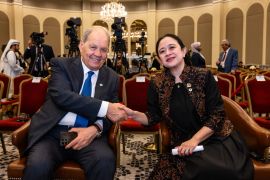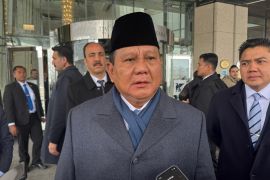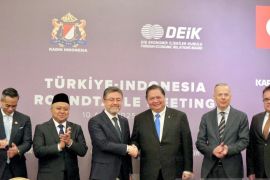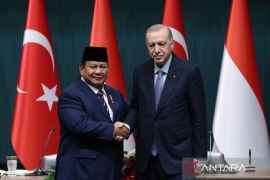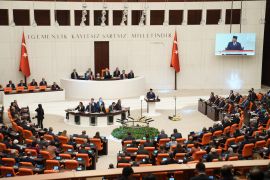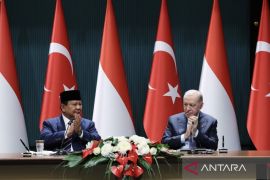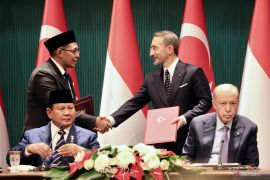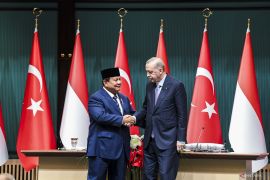In the light of this, the completion of the CEPA between both countries needs to be accelerated to enable them to cope with existing trade barriers and enhancing the performance of their bilateral trade cooperation, Trade Minister Enggartiasto Lukita said Friday.
Indonesia and Turkey had formally begun the first round of their CEPA negotiations in early 2018.
For Indonesia, its bilateral trade with Turkey is so important considering its strategic geopolitical position. It could help the country expand its market access to European and Middle Eastern countries, he said in a press statement.
The seriousness in boosting the bilateral trade between Indonesia and Turkey was reflected at a business forum held in Istanbul this week.
Related news: Indonesia to eliminate trade obstacles with Turkey
Lukita, who led the Indonesian delegation at the forum revealed, that Indonesia could be the perfect partner for Turkish businesspeople in terms of boosting investment and trade thanks to its conducive economic conditions.
At the forum, he also raised trade barrier issues that several Indonesian products, including palm oil and tires, still undergo. The trade barriers have resulted in a sharp decline in Indonesia's export values.
For Indonesia, palm oil is a strategic and primary export commodity because it creates jobs and contributes to the government's endeavor to eradicate poverty. Nearly four million Indonesians are provided employment through the palm oil industry.
The trade barrier issues are not new for the two countries because Lukita had raised them on July 6, 2017 as well, ANTARA noted.
"Our trade value with Turkey reached US$1.3 billion in 2016, decreasing by 14 percent from that of the previous year. But on the other side, their trade with Malaysia increased by 49.11 percent. One of the causes for the decline is the tariff," Lukita had said at that time.
The Turkey-Malaysia trade volume increased significantly because of an FTA agreement between the two countries that imposes free trade tariffs for commodities, including CPO (Crude Palm Oil), he explained.
The forum which was held in Istanbul to follow up on the commitment of the two countries' leaders to enhancing Indonesia and Turkey's trade ties, was attended by around 90 businesspeople from such sectors as crude palm oil, financing, paper, rubber, and tourism. (INE)
EDITED BY INE
Related news: Indonesia, Turkey hold 3rd round of talks on CEPA
Related news: Indonesia-Turkey meeting discusses plans for Erdogan's Indonesia visit
Translator: Sella PG, Rahmad Nasution
Editor: Fardah Assegaf
Copyright © ANTARA 2019
